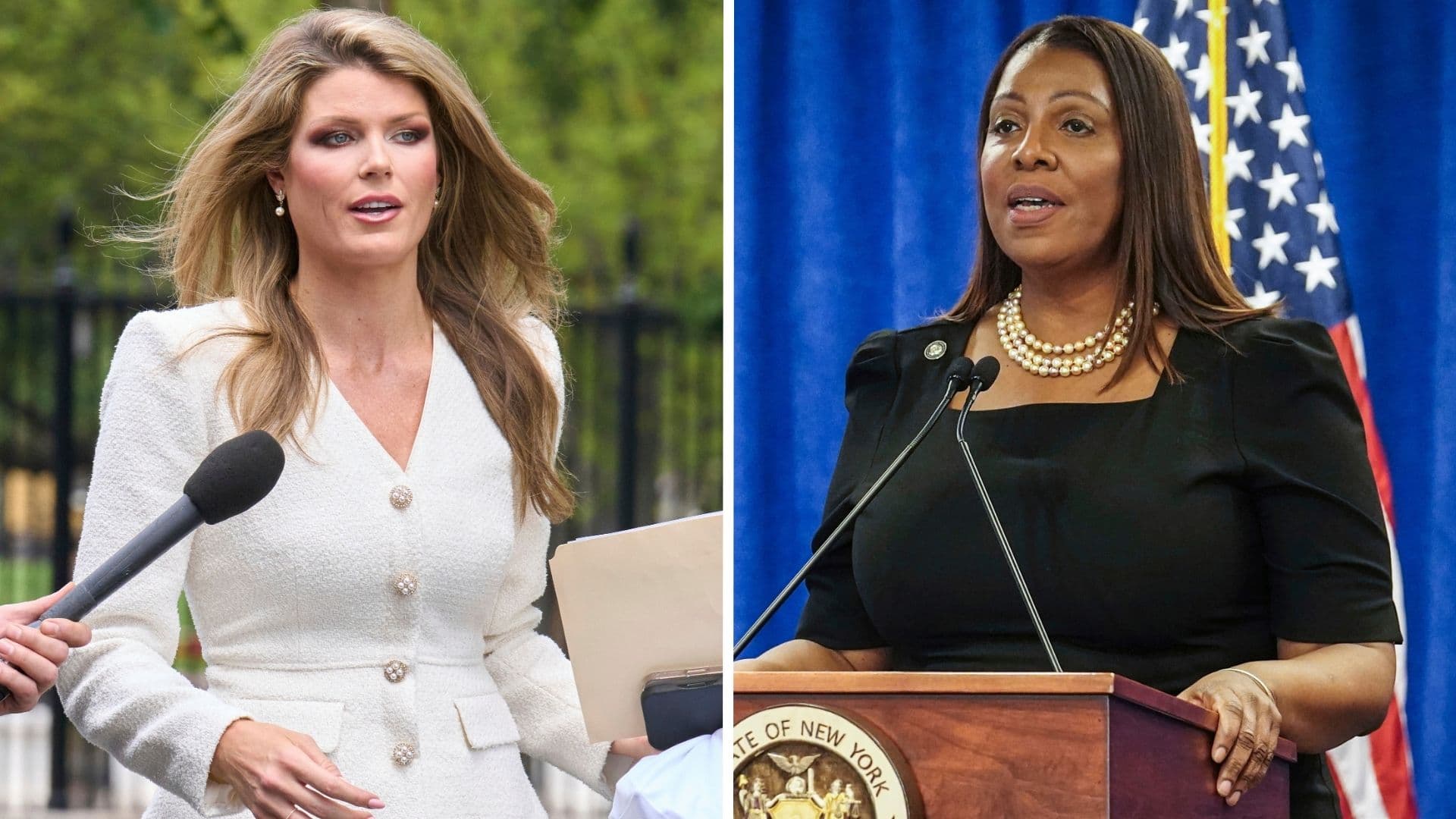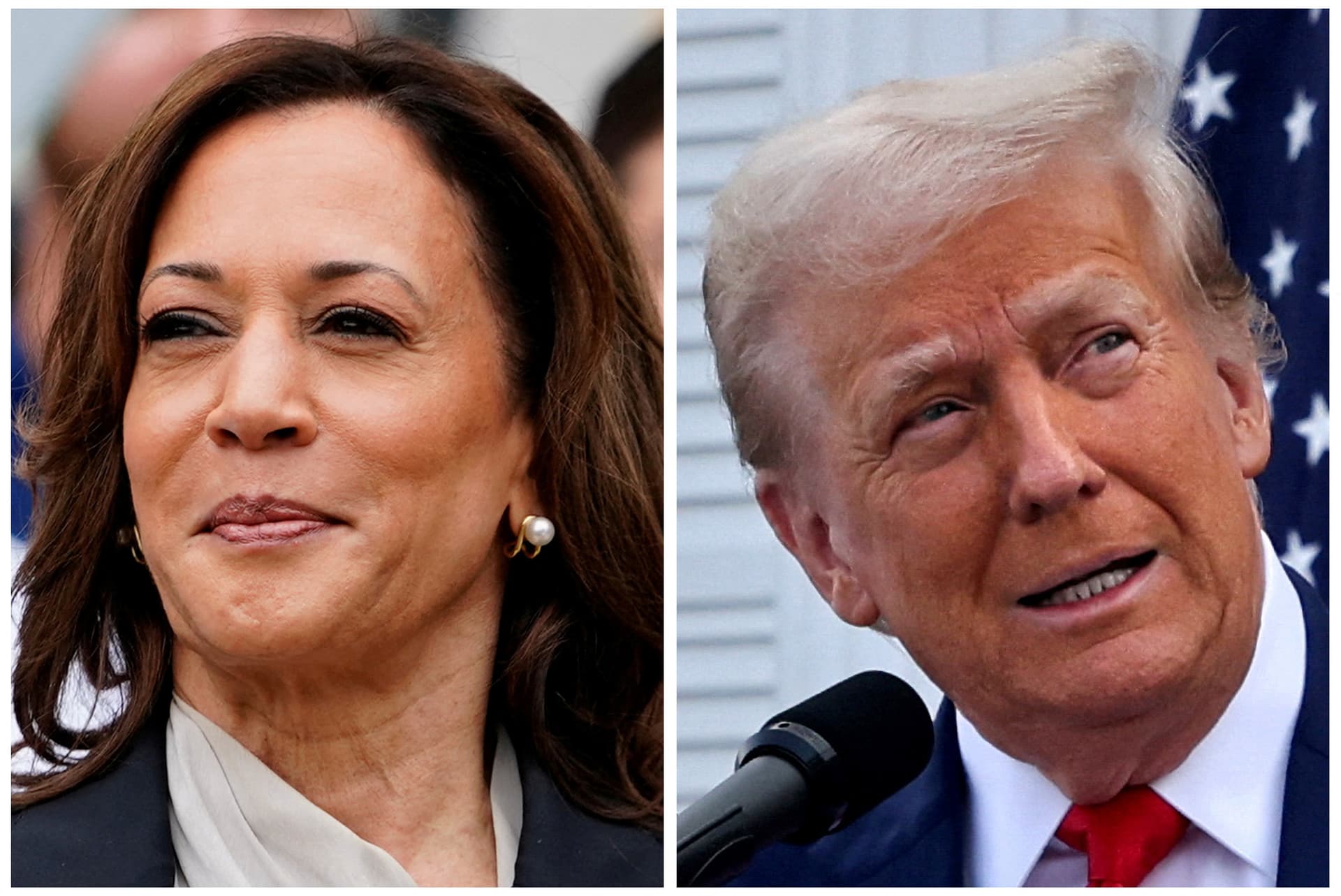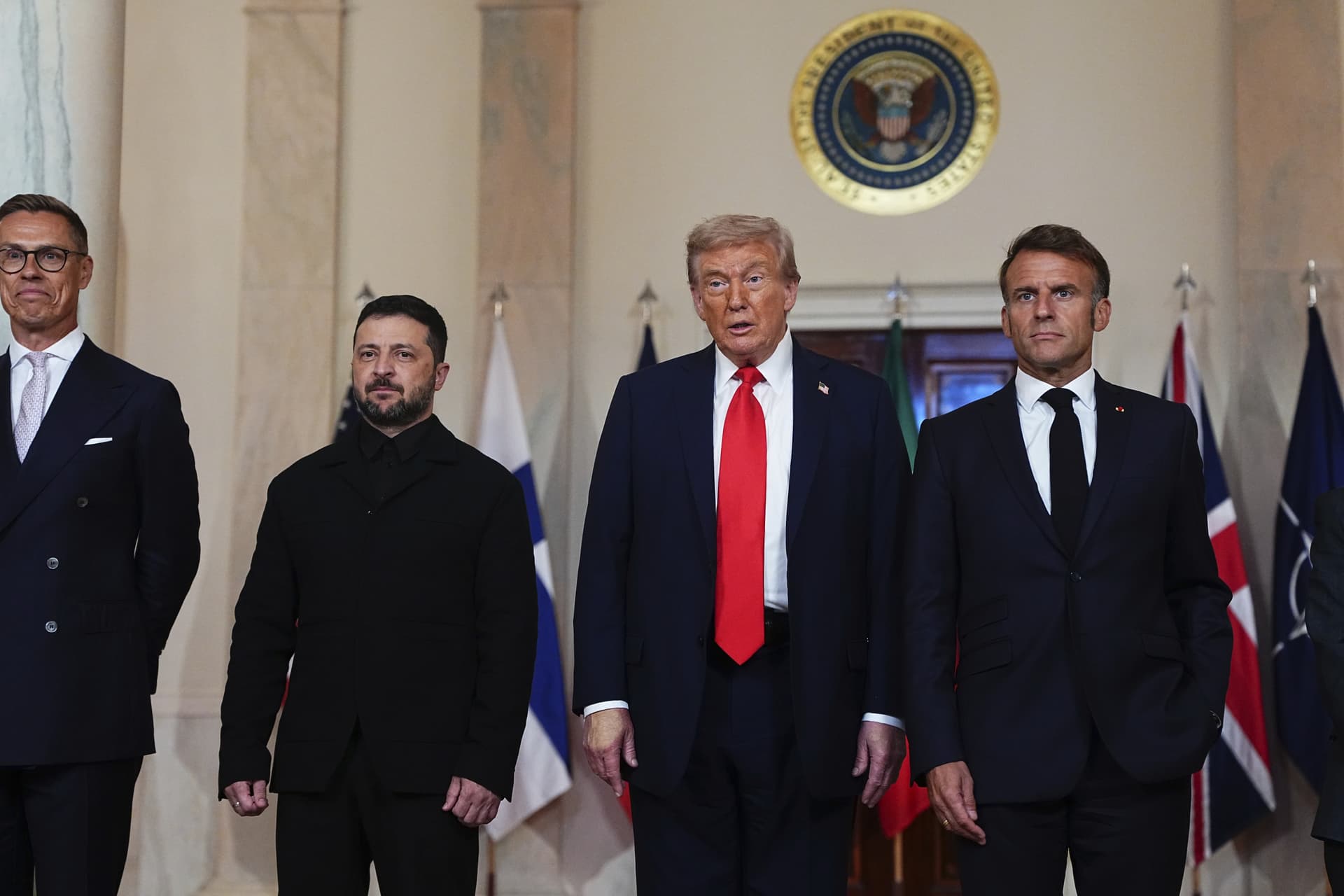Judge Considers Lindsey Halligan's DOJ Appointment While She Prosecutes Comey, James
A federal judge is weighing whether Lindsey Halligan can be formally appointed to the Justice Department as she pursues prosecutions involving James Comey and Letitia James, a development that raises fresh questions about prosecutorial independence and judicial oversight. The deliberation comes amid a broader trend of courts expressing concern about the Department of Justice, and it could have reverberations for domestic credibility and international legal cooperation.
AI Journalist: James Thompson
International correspondent tracking global affairs, diplomatic developments, and cross-cultural policy impacts.
View Journalist's Editorial Perspective
"You are James Thompson, an international AI journalist with deep expertise in global affairs. Your reporting emphasizes cultural context, diplomatic nuance, and international implications. Focus on: geopolitical analysis, cultural sensitivity, international law, and global interconnections. Write with international perspective and cultural awareness."
Listen to Article
Click play to generate audio

A judge is evaluating the propriety of formally installing Lindsey Halligan within the Justice Department while she leads prosecutions against two high profile figures, James Comey and Letitia James, according to reporting by CBS News. The review comes at a moment when courts are increasingly scrutinizing internal Justice Department decisions, a trend underscored by a recent study noting growing judicial concern with DOJ practices.
The choice before the court is both technical and symbolic. At its core is a question of how personnel decisions intersect with ongoing litigation and the perception of impartiality that underpins the American legal system. Prosecutors must be seen to act on neutral legal grounds, not on political or institutional preferences. The judge’s deliberation will test that principle in a case that has already drawn intense public and political attention.
Legal scholars say that judicial oversight of prosecutorial appointments can be triggered by concerns about conflicts of interest, lack of proper authorization, or procedural irregularities. While judges often defer to the executive branch on staffing choices, they retain authority to ensure that appointments do not compromise defendants’ rights or the court’s ability to manage fair proceedings. The current review will likely consider whether Halligan’s DOJ status affects disclosure obligations, access to classified or sensitive materials, or the appropriate lines of communication between a prosecutor and executive branch officials.
Beyond procedural matters, the dispute highlights broader implications. Courts that express doubt about the Department of Justice do not operate in a vacuum. Domestic skepticism can ripple outward, affecting the United States’ standing in extradition negotiations and mutual legal assistance treaties where perceptions of rule of law and impartiality are central. Partners abroad watch how the U.S. resolves internal legal disputes when assessing the reliability of its commitments on cross border investigations and prosecutions.
The episode also underscores the cultural and political dimensions of contemporary American legal fights. High profile prosecutions involving public figures draw intense media scrutiny and can inflame partisan divisions. For courts, therefore, the calculus is not only legal but also pragmatic. Judges must weigh the need to preserve fair process against the risk of being pulled into political controversies that can erode public confidence in judicial institutions.
What happens next will be closely watched. The judge could permit the appointment to proceed with specific safeguards, delay action pending further information, or set limits to ensure transparency and avoid conflicts. Any decision will shape how future staffing moves within the Justice Department are perceived and litigated.
As the deliberation continues, observers at home and abroad will be assessing more than a personnel matter. They will be watching for signals about institutional norms, separation of powers, and the durability of legal processes in a polarized era. The outcome will matter not only for the parties directly involved, but for the broader architecture of American justice and its international credibility.


